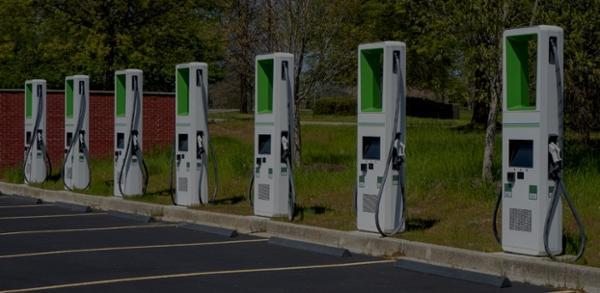Chile seeks to become a leading country in incorporating electromobility with the sale of exclusively electric light vehicles in 2035 within the national energy policy framework that seeks to achieve carbon neutrality by 2050, a Chilean academic highlighted yesterday.
“Projections indicate that by 2035, 100 percent of light and medium vehicle sales will be electric,” said a member of the Advanced Center for Electrical and Electronic Engineering, AC3E of the Federico Santa María Technical University, Javier Robledo.
Robledo explained that, according to his research, only 1 percent of the total vehicle fleet is currently made up of electric vehicles. At the same time, a series of aspects are being worked on to massify this type of automobile.

According to studies, the Andean country’s primary source of greenhouse gas emissions is the energy sector, particularly transportation, which accounts for 25 percent of the total toxins sent into the atmosphere.
“Chile has sought to reverse this situation and has positioned itself in the region as a leader in the implementation and scaling up of electromobility, for which initiatives such as the national energy policy have been implemented,” said the academic.
Amid the strategy, Chile has incorporated hundreds of electric buses into the local public transport fleet since 2017, which has been celebrated internationally.
In this context of transition towards electromobility, replacing fossil fuels, Robledo stressed the importance of incorporating new actors into the “energy commercialization” market.
This is in line with “the new electricity consumption profiles that will be generated by the massification of the electric vehicle fleet”, he said.
The specialist also mentioned the need to create a charging infrastructure.
“It is a priority area to meet the requirements of electromobility at the national level,” he said, aiming to ensure and operational continuity of charging points throughout the country, with emphasis emphasizing turn, the analysis, and strengthening of the distribution network is also an issue that must be addressed, considering the electricity consumption trends that are occurring and the new electricity demand profiles projected from the electrification of transportation,” added the engineer.
Finally, he stressed that the market must lay the normative and regulatory foundations for the emergence of new actors associated with electromobility to allow its scaling and the training of human capital for the development of the industry.
According to a study by the National Automotive Association of Chile (ANAC), 2022 saw the highest number of registrations of vehicles powered by zero- and low-emission technologies in Chile, with 6,904 units registered, an increase of 106.2 percent compared to the previous year.
That same year, for the first time in a decade and a half, more electricity from renewable sources than thermal sources was injected into Chile’s energy matrix, contributing 55 percent of the total matrix.

